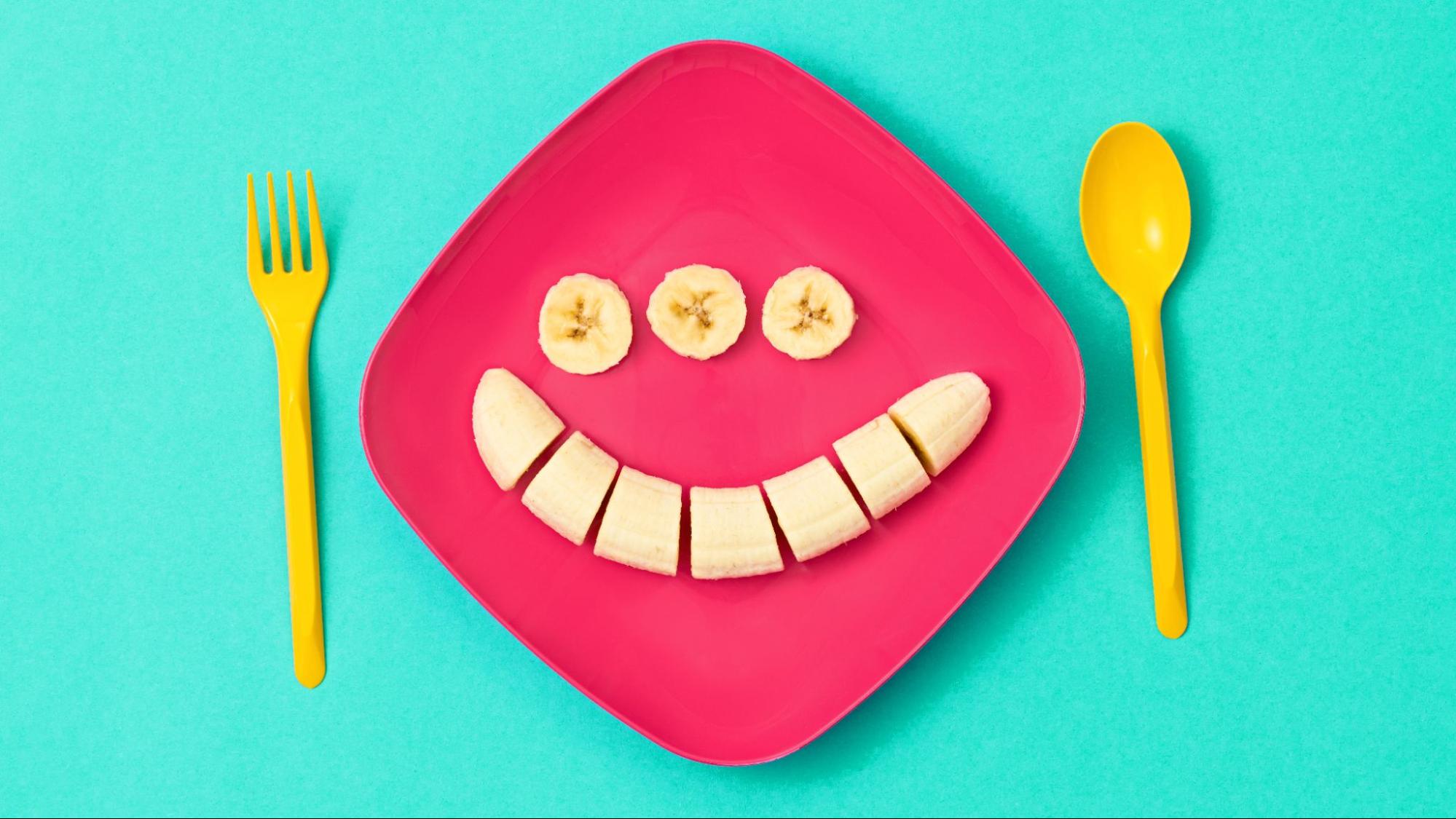
How the food you eat impacts how you feel
You’ve probably heard the phrase “food equals mood”—and it’s true, scientists now know exactly which kinds of foods can help lower the risk of anxiety and more and more research is showing how unhealthy diets, food addiction, and ultra-processed snacks are linked with poor mental health outcomes, including anxiety.
What Is Anxiety (and Why Do Our Brains Do It)?
Anxiety is a completely natural response to threat or uncertainty. Thousands of years ago, this “fight or flight” system was a lifesaver—literally helping us escape wild animals.
These days, our “threats” might be different. Social pressures, school tests, or the endless ping of digital notifications—but our bodies still react in the same way.
Imagine your child has dealt with a school bully before—just the thought of seeing them again could trigger a racing heart, tight tummy, or restless night. When these feelings stick around, anxiety can start to affect sleep, school attendance, and overall wellbeing.
Why Anxiety Happens
Anxiety can have many roots:
- Environmental: stressful events, big changes
- Biological: family history or certain genes
- Psychological: patterns of worry or overthinking
Conditions like ADHD, autism, or depression can make anxiety more likely (up to 40% higher risk). It can also be linked to how certain brain chemicals—like calming GABA or energising norepinephrine—are balanced.
The Gut–Brain Axis: Your Secret Mood Superhighway
Your gut is home to trillions of microbes—a whole bustling ecosystem working 24/7. This is called your gut microbiome, and it plays a huge role in brain function and mood.
Some special probiotics, nicknamed “psychobiotics”, can actually reduce anxiety by helping your gut microbes send happier signals to your brain.
So… Can Diet Really Help Anxiety?
Yes, nutritional psychology is showing us that what we eat can make a big difference to how we feel.
A massive Australian study (nearly 20,000 people) found that diets packed with plants, veggies, fruit, legumes, and dairy were linked to less anxiety. Research has conversely found diets loaded with processed foods (especially meats and salty items) = more anxiety.
In fact, after reviewing over 1,500 studies, researchers found the same pattern:
✅ Fruits, veggies, omega-3s, zinc, magnesium, selenium, probiotics = lower anxiety
❌ Sugar-heavy, refined-carb diets = higher anxiety

How It Works
- Healthy gut microbes help make neurotransmitters—your brain’s mood messengers.
- Ultra-processed additives can stir up inflammation and mess with your gut lining.
When your gut is happy, your brain can be too.

5 Gut-Friendly Foods to Boost Calm
- Build balanced meals with proteins, healthy fats, and colourful plants.
- Enjoy oily fish twice a week (salmon, mackerel) or an omega-3 supplement.
- Pack in fibre with fruits, veggies, beans, and berries.
- Snack on nuts and seeds for magnesium, zinc, and B vitamins.
- Add fermented goodies—kefir, Greek yogurt, sauerkraut, kimchi.
5 Foods to Ease Up On
- Ultra-processed snacks, sweetened cereals, fast food.
- Shop-bought juices (make fresh fruit blends instead).
- Anything with a long ingredients list (over 5 is a red flag).
- Artificial colours, sweeteners, or additives.
- Salty processed meats, crisps, and ready meals.

Cooking simple, colourful meals together can be more than just dinner—it’s a bonding moment and a brain-and-gut booster.
If anxiety is affecting your child, a Registered Nutritionist (especially one trained in psychology and neurodivergence) can help create a tailored plan—often starting with a gut health check, then building a food and supplement toolkit just for them.





